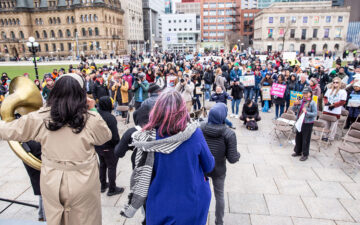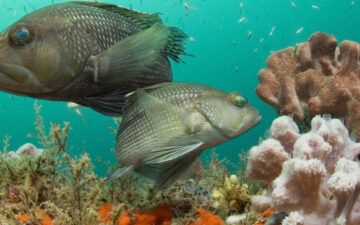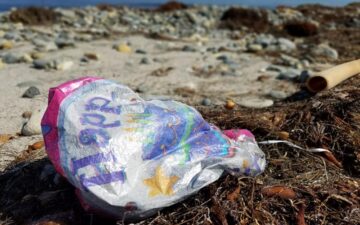March is Women’s History Month, a time to celebrate the social, economic, cultural and political achievements of women! The marine conservation sector, once dominated by men, now sees more and more women joining its ranks. What is it like to be Women in the Water? What can we learn from these passionate and committed individuals? To celebrate Women’s History Month, we interviewed several of TOF’s project managers to hear about their unique experiences in the marine conservation world, both below the surface and behind the desk.
#WomenInTheWater and @oceanfdn on Twitter to join in the conversation!
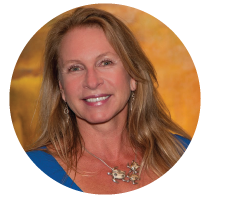 |
Vicki GoldsteinVicki is the project manager of Inland Ocean Coalition based in Colorado. IOC strives to create an inland movement that builds land-to-sea stewardship. |
|---|---|
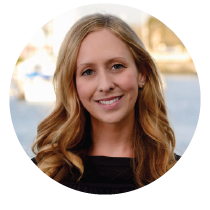 |
Frances KinneyFrances is the project manager of Ocean Connectors based in California. Ocean Connectors is an interdisciplinary education program that links students in San Diego, California and Nayarit, Mexico to foster the view of a shared global environment and to promote an early interest in environmental issues. |
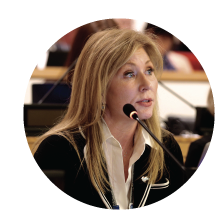 |
Peggy KalasPeggy is the project manager of High Seas Alliance which is made up of 35 NGOs plus the International Union for the Conservation of Nature (IUCN). The High Seas Alliance is a partnership of organizations and groups aimed at building a strong common voice and constituency for the conservation of the high seas. |
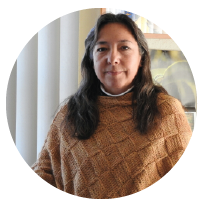 |
Laura Martínez RíosLaura is the director of Pro Esteros based in Baja, California and Mexico. As part of their mission, Pro Esteros studies coastal wetlands, for educational, scientific and conservation purposes. |
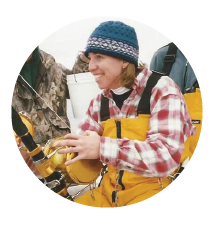 |
Shana MillerShana is the project manager of Global Tuna Conservation Project. Global Tuna Conservation Project strives to provide scientific and policy advice and guidance to catalyze the development and implementation of innovative and effective policy and conservation initiatives for Atlantic bluefin, Pacific bluefin, skipjack, and bigeye tunas. |
What sparked your interest in the ocean?
Vicki Goldstein
One afternoon when I was 8, my family was fishing at the south Jersey Shore, and we were hauling our boat out. I was spinning in the sand, enjoying the smells and sounds of the ocean and felt a searing pain in my foot. Looking down and seeing blood, I was so angry that people would pollute. I decided early on that I would focus on protecting the environment, especially the ocean.
Frances Kinney
Growing up in Ojai, California, my love of the environment has always been a guiding force in my life. I knew I would pursue some type of career involving nature, and I found environmental education to be a fulfilling and meaningful way for me to contribute to the field of ocean conservation. There is an amazing amount of optimism in working with students, introducing them to the wonders of the sea and helping spark their interest in marine science and conservation.
Peggy Kalas
I grew up on Florida’s west coast, and the ocean (or the Gulf of Mexico for me) was a big part of my life as long as I can remember — [a source] of inspiration, of enjoyment, of relaxation. But even before the ocean, I got to see a lot of the world with my parents, and I have always [had] a deep affinity for nature and its awe-inspiring beauty, whether it be the mountains, forests, wildlife, or beaches. It wasn’t a far leap from that to a career in conservation, though my path was not linear.
Laura Martínez Ríos
When I start to working in Pro Esteros, I finally understood how everything is connected by the sea. I understood that this is where we came from, and now I know that we need to take care of it and protect it. Our permanence on this planet depends, to a large extent, on [the ocean].
Shana Miller
For me, it was spending an extended period in Captiva, FL for a few winters when I was preschool age. Coming from Chicago, we had a big lake, but nothing like the Gulf of Mexico. I would spend hours combing Captiva’s beaches for shells. Was anyone home? If so, it was exciting to meet a new living thing…I couldn’t believe that an animal could make something so beautiful!
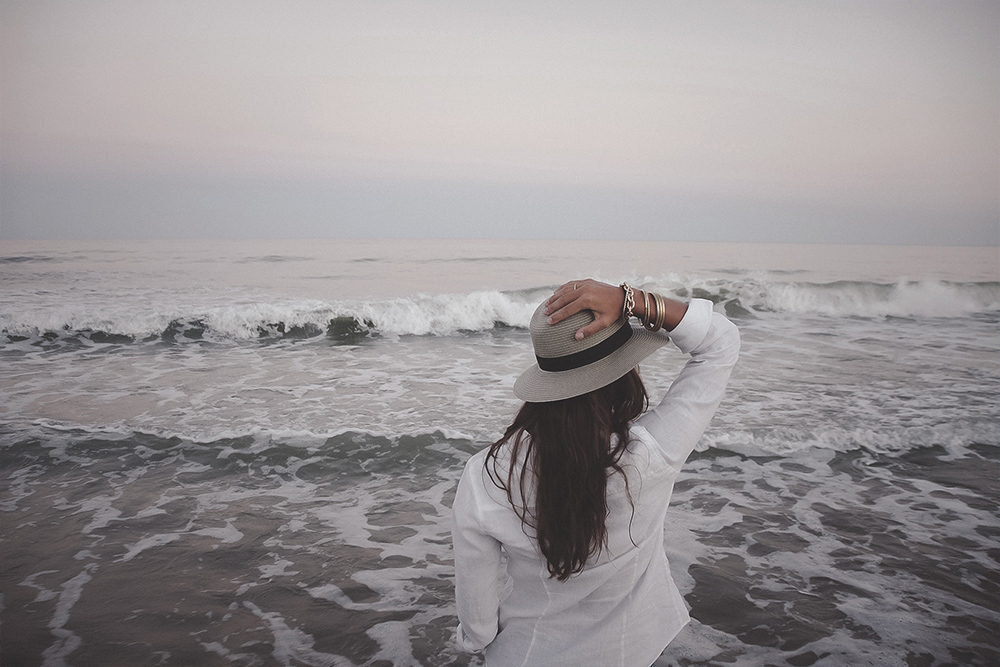
What does the ocean mean to you?
Vicki Goldstein
It means life. Living inland, I don’t have the pleasure of being near the ocean, but I know that it provides oxygen, regulates climate, and keeps our planet in check. I also feel that living in the headwater state of Colorado that the ocean starts here.
Frances Kinney
To me, the ocean means unbelievable, beautiful, magnificent plants and animals that fill me with awe. The ocean also reminds me of some of the greatest adventures of my life— touching gray whales and snorkeling with whale sharks around the Baja California peninsula, scuba diving with sharks in Costa Rica, releasing sea turtle hatchlings on the beaches of Mexico.
Peggy Kalas
Because of my work, I understand how much this planet relies on the ocean for our very existence; we need to seriously reconsider how we have taken its abundance for granted and what needs to change so that our future generations can also enjoy the ocean and its treasures.
Laura Martínez Ríos
It means the connection between everyone. Between continents, between countries, between environments, between species; it means life. But now it also means how little we are doing for our planet; it means that we are living above the limits. When we have complete islands formed by garbage, we have a very serious problem.
Shana Miller
The ocean is quite literally in my backyard, yet it still represents mystery and uncharted realms to explore. I cease to be amazed by the abundance and variety of life it hosts, from colorful coral reefs to the deepest abyss, even though more often than not, a quick glance out over the ocean’s surface won’t reveal any living thing.
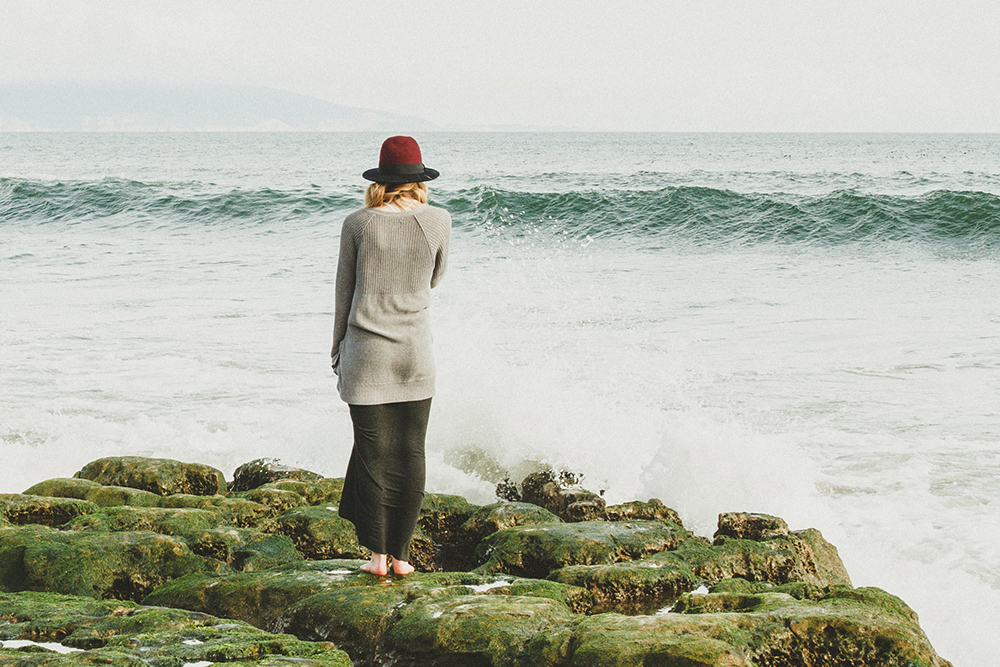
How has your relationship with the ocean changed over time?
Vicki Goldstein
At one point, I felt that the ocean was vast and abundant. A solid healthy force in my life. I have seen the ocean get more and more polluted— animal populations are declining, and there is a new push for offshore oil drilling and exploration. My relationship is now more of an advocate than someone just learning and appreciating the ocean.
Frances Kinney
I have always been fascinated by the many different creatures that inhabit the ocean, and now I am more aware of the many ways in which humans depend on the ocean for our own survival. I have come to understand that humans are intrinsically connected to the ocean in an endless number of ways. As I’ve learned more and gained a better understanding of oceanography topics, such as currents, ecology, and climate change, I’ve grown even more inspired about protecting this vital habitat.
Peggy Kalas
I just reread Anne Morrow Lindbergh’s book “A Gift from the Sea” for the umpteenth time, and she compares shells to a woman’s stages in life. At every stage of my life, the ocean has brought me different gifts. As a child, it was long summer days of delight and play; as a teenager, it was a source of social activity; as a young mother, the joy of watching my own children frolic and make discoveries on the beach; now, I find it a place for solace and restoration, with immense healing power.
Laura Martínez Ríos
I was born in Mexico City, and I only spent time in the sea on vacations. I enjoyed it a lot, but I did not feel particularly attached to it. Then, I lived in Baja California Sur, and I started to enjoy not only going to the beach for swimming. I spent many afternoons sitting on the beach, watching the sea, enjoying it. [When] I started working in Pro Esteros and learning about coastal wetlands, I began to see that the sea was much more than a place to swim or to contemplate. I began to understand everything that the sea means, everything that it gives us, and how it connects us all.
Shana Miller
As a child, the ocean was a seemingly limitless playground of swimming, boogie boarding, and sandcastles. When I was in college, I started fishing and even worked a summer as a first mate on a charter boat. That led me to research the many threats to the ocean and its inhabitants. I’ve never looked back, [and have been] working in marine science and conservation ever since. The ocean is my livelihood but also my passion. Every free moment is spent out on the water or at the beach, striper fishing or whale watching, boogie boarding or beach seining. My oldest son is even named Kai, which means ocean in Hawaiian.
Who were the role models that helped solidify your decision to pursue your career?
Peggy Kalas
First, there are the trailblazers. In my youth, there was Jane Goodall, Jacques Cousteau and Rachel Carson, Isak Dinesen and Karen Blixen. And for many years now, Dr. Sylvia Earle is a constant. Before I went to law school, I was in a graduate program for anthropology, so Margaret Mead was also one of my early role models. Then there are the many unsung heroes that I am so fortunate to know and work with every day. Dedicated women and men who care deeply in making the ocean – the planet — a better place. Along with my wonderful NGO colleagues, there are many government representatives who tirelessly work on behalf of their countries at the UN. I have seen that one person really can make a difference, not just locally, but globally.
Laura Martínez Ríos
Ornithologist Barbara Massey and Ph. D Silvia Ibarra. They both worked on research projects in coastal wetlands and were the ones who proposed that a citizen organization needed to be formed to protect Punta Banda’s Estuary. Even though I did not have a background in science, after attending some of these meetings, it seemed to me that we all had to participate, regardless of our training— sure that everyone has an ability to contribute. They motivated me to participate as a volunteer and be part of the founders group. Seeing their professionalism, their dedication, and the passion with which they defended wetlands truly inspired me.
Shana Miller
For as long as I can remember, Jane Goodall has been my hero… for her bravery and pioneering research, for her commitment to conservation of her beloved chimpanzees and beyond, and for her ability to communicate the wonder of nature and urgent need for action to diverse audiences all around the world – young and old, environmentally conscious or not. I’ve also had the privilege of working for three very strong women and count many powerful women marine scientists and conservationists as dear friends. They all inspire me to learn more, explore deeper, and push harder.
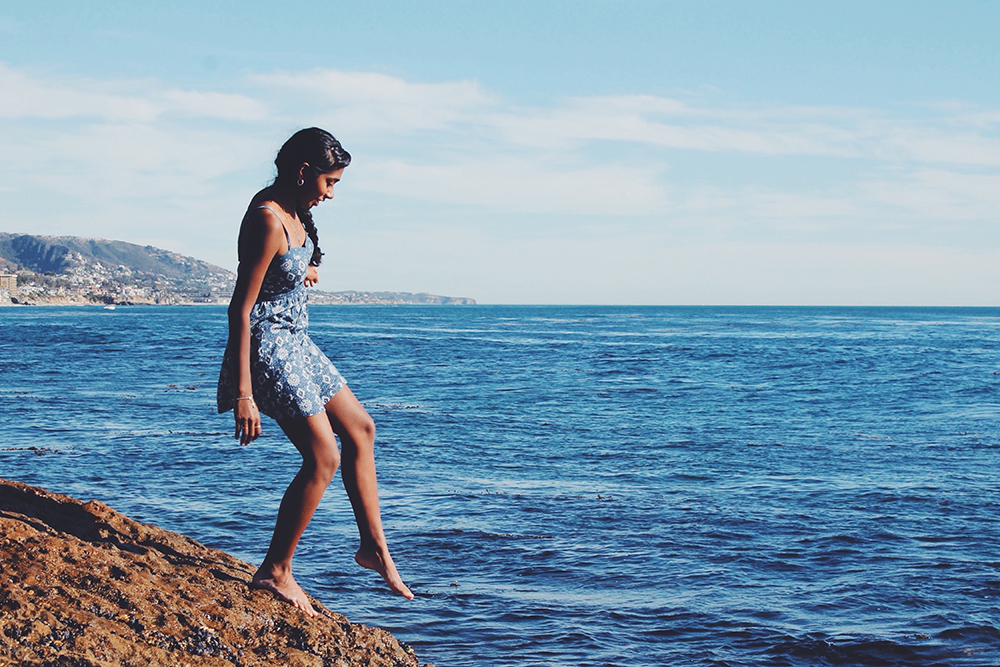
What attributes of women do you think make us strong in the workplace and in the conservation field?
Vicki Goldstein
With all of the challenges we face in the world of ocean science and conservation, I think that collaboration is one of the key attributes that women find more natural. We can’t accomplish significant steps if we are always trying to get ahead on our own. This approach is crucial considering the complex problems facing our ocean and waters.
Peggy Kalas
I think it is the same attributes that make us strong in the workplace generally. Women are natural multi-taskers. Most women have to balance many priorities, which requires organization, flexibility, efficiency and adaptability. I also think women are excellent team players.
Laura Martínez Ríos
Although the traditional roles of women in households and men in work are finally changing, for a long time, women had to look after the family, the house, and also work. I believe that these demands have allowed us to demonstrate that we have the capacity to handle several issues at the same time, [while] not los[ing] sight of what is important.
Shana Miller
Most of my most trusted and effective colleagues are women. I strongly believe that our struggle to succeed in a male-dominated field gives us an advantage – we work harder to prove ourselves. Women also are often well-organized and creative, allowing us to effectively design and carry out innovative approaches. In the conservation field, our empathy and passion meet with our tendency for care-giving to achieve a formula for success. I work every day to make my kids’ lives better. Similarly, I work every day to improve the status of tunas and tuna fisheries.
Stay Tuned for Part II in our series – Eye on The Horizon.

